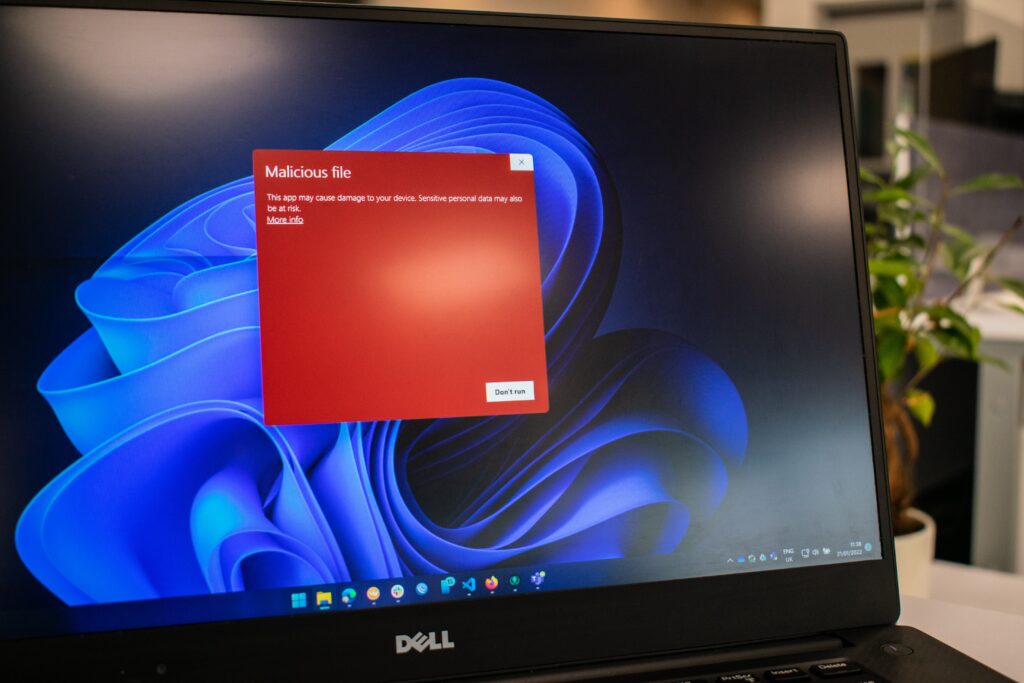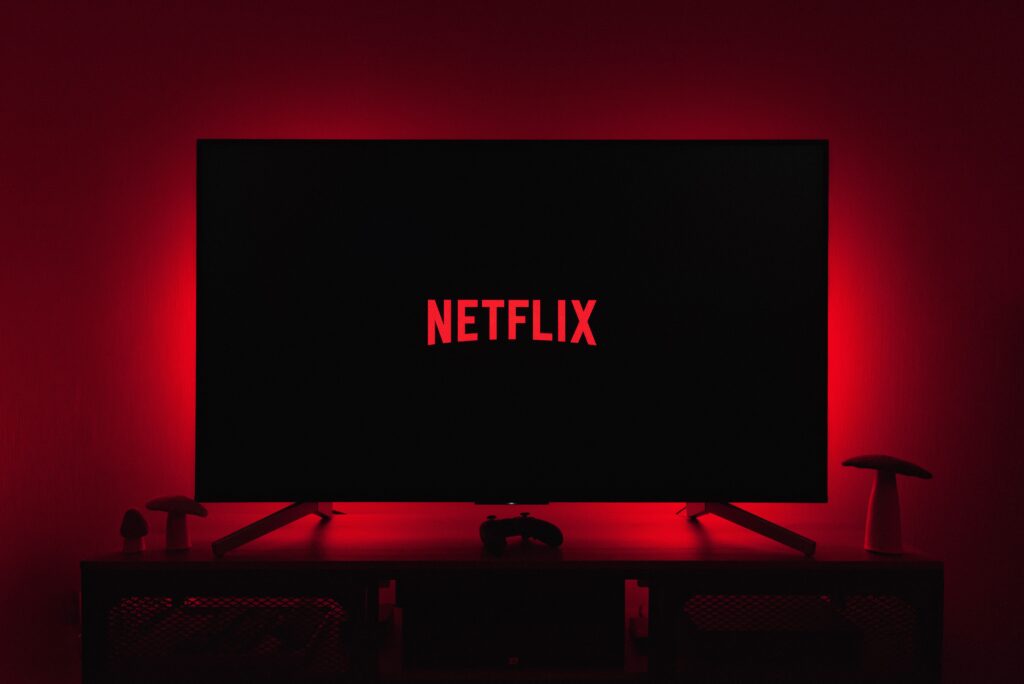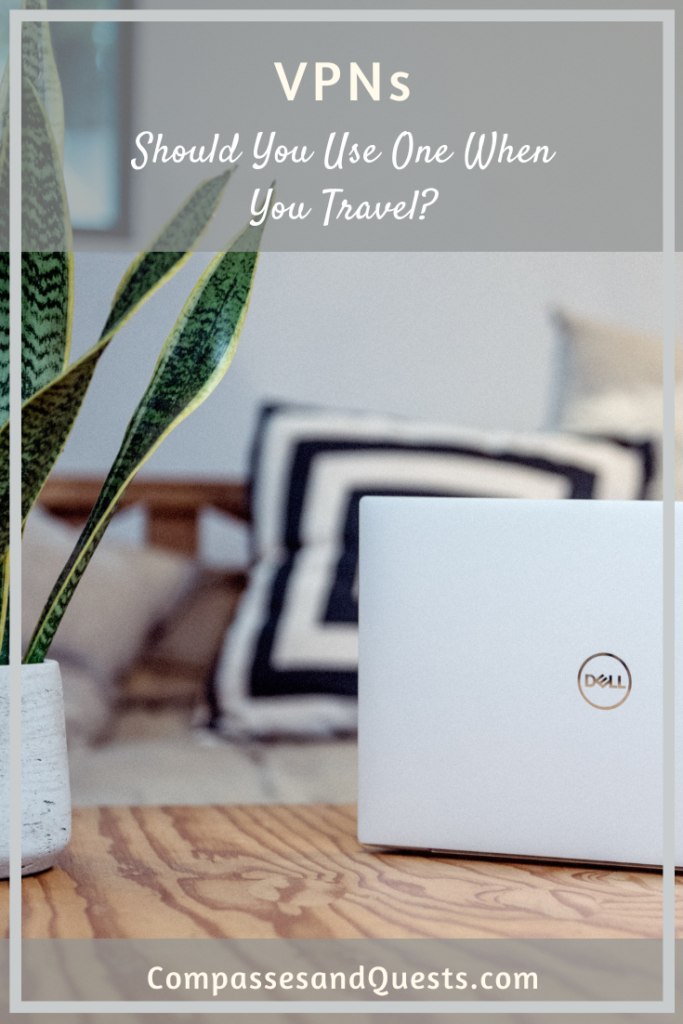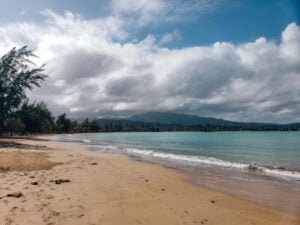Nowadays, we hear about so many scams, identity theft, and other less-than-ideal situations relating to your private information. The truth is, when traveling, you are often more susceptible to this information ending up in unwanted hands. But, there are several things you can do while on the go to protect your identity and online data, one of them being the use of a VPN.
We first began using a VPN during our year in South America when we were constantly connecting to various hotel Wi-Fis and networks at cafés, bus stations, etc. on a daily basis. And we’ve continued to use a VPN when traveling ever since because, in addition to adding a layer of protection, there are other benefits to using a VPN. We’ll dive into all the reasons why we use one when traveling below.

What is a VPN?
VPN stands for virtual private network. When you connect to any Wi-Fi, a VPN service provides an encrypted connection that sends data to and from its various secure servers elsewhere in the world.
The goal of a VPN service is to help prevent internet service providers, advertisers, hackers, and others from accessing your IP address, browsing actions, messages, and other private information. Some services also often provide protection against malware, invasive pop-ups, etc.

Reasons We Use a VPN When We Travel
A VPN isn’t absolutely necessary and you aren’t going to get hacked or have your identity stolen with certainty if you don’t use one. In fact, many sites nowadays encrypt web traffic, providing more secure browsing. You’ll see this on many sites indicated with the ‘https’ protocol at the beginning of the web address.
The extra layer of protection a VPN can provide is relatively minimal in today’s digital world, but the reasons below are why using one is worth it for us when we travel.
1. A VPN adds an extra layer of protection when connecting to public hotspots
When traveling, we tend to connect to various public hotspots at airports, bus stations, restaurants and cafés, hotels, and more. Sometimes these are public and don’t require any password. Additionally, many sites we have encountered, such as tour companies and restaurant websites, were not encrypted. This was particularly common when we traveled in South America and SE Asia.
So, having a VPN gave us a little more comfort when surfing the web for travel information and performing actions that required the input of sensitive data, such as filling out visa and travel forms and online banking/making payments.

2. A VPN may pass geo-restrictions
When you can connect to browsers around the world, you can surpass the restrictions imposed on your internet activities based on your location. This means you can access content that may only be available in other countries.
We find this particularly handy for streaming. When we travel and want to watch local sports or continue a show we watch at home in the U.S., but it’s not available in another country, connecting to a server based in the states will allow us to continue to watch when we’re abroad. The same goes for when we start a show abroad and don’t finish it by the time we get home, we can finish the show at home by connecting to a foreign browser.
Note that there are some sites that have VPN-blocking software. You may not be able to access their content when connected to a VPN.

3. It may save you money when booking flights and making other reservations
This perk is not something we knew about when we began using a VPN. But it’s one that may save you a chunk of change! Airlines, hotel sites, and other e-commerce sites adjust prices based on your location, browsing history, and other data.
Use a browser with anti-tracking and search for flight and hotel deals while connected to VPN servers located in different countries or states. This tactic works best if you have a VPN service that has servers across many locations.
We’ve seen people say that they have saved hundreds of dollars on a booking, but we have yet to find a deal that great. BUT, we’ve found flights and hotels cheaper by anywhere from a couple bucks to close to $100 USD using a VPN. And some savings are better than none, especially when these savings add up over time!
In the example below, we searched for hotels for the same date in Bogotá, Colombia through Hotels.com. The hotel options on the left show the single-night prices displayed when we searched with our IP in Montana. The right column displays the results when we searched for the same hotels when connected to a server in Colombia.

Downsides of Using a VPN
They don’t offer full data protection
While VPNs can do a great job of keeping many of your browsing actions and certain data private, they can’t keep everything completely anonymous. For example, numerous services and apps, such as Amazon and Meta, that you have given various permissions to and cookies or pop-ups that you have allowed on your browsers may still be able to harvest some data from your device, even when connected to a VPN. Additionally, government agencies and marketers have developed more advanced methods of tracking.
In addition to using a VPN, you can also add other protective measures. This may include pop-up blockers, multi-factor authentication, anti-virus software, and other methods.
VPN services have access to your data
Along those lines, while a VPN service can help you keep your data out of unwanted hands, the VPN company has access to all of the data that passes through their servers. When looking for a VPN service, look for a company that is reputable and is very transparent about how they handle your data. Privacy policies and third-party audits often contain information on how they protect and manage your information.
Just remember that no matter what you do, any activity on the internet is traceable to somebody. But I guess we’d rather our data be accessible to a reputable VPN service than a hacker searching for vulnerable info on a public hotspot.
Connection speeds can be slow
When connecting to certain servers, speeds can definitely be a little slow. This can be especially noticeable when paired with slow connection at your hotel, restaurant, etc.
Luckily, VPN technology continues to improve and most services have multiple servers to choose from. Whenever we have experienced a slowdown, we have just reconnected to a different server.
It generally costs money to use a VPN
While the cost of many VPN subscriptions is pretty low, having an extra subscription cost may not be ideal for many, especially those traveling on a budget. There are ways that you can set up your own VPN, but you’d have to buy or rent a server.
You’ll have to weigh the cost of a VPN service versus the use you’ll get out of it. As mentioned above, there are additional things you can do to protect your privacy, many of which are free.
Be wary of any site that says they offer a free VPN service. These are often a scam that allows the service to track your online actions and steal and sell your information. That’s the very thing a VPN is supposed to prevent! So, do a little research to make sure you use a reputable service.
We were on the road for a year when we first began using a VPN and still travel frequently so we found this to be worth the cost for a long-term subscription. Many companies offer a larger discount for long-term subscription, but this may not be worth it if you won’t use it much.
Which VPN do We Use?
Before we mention which VPN we use, we want to clarify that this is not sponsored content, nor have we received free or discounted service in exchange for any post.
We use NordVPN, which is a very popular service. When we first looked into getting a VPN when traveling South America for a year, we considered prices and subscription options, reputability, and additional features, like number of countries with servers, number of devices you can use on a subscription, malware detection, and other offers that would benefit us.
We got a great deal on a long-term subscription and settled on Nord. But, there are many other great options out there, like ExpressVPN and Surfshark.
Like this Post? Pin it!




